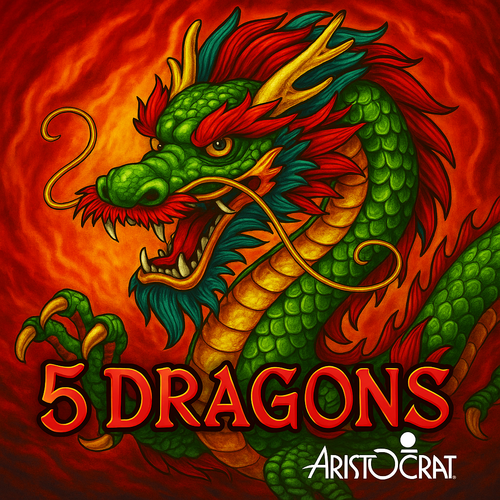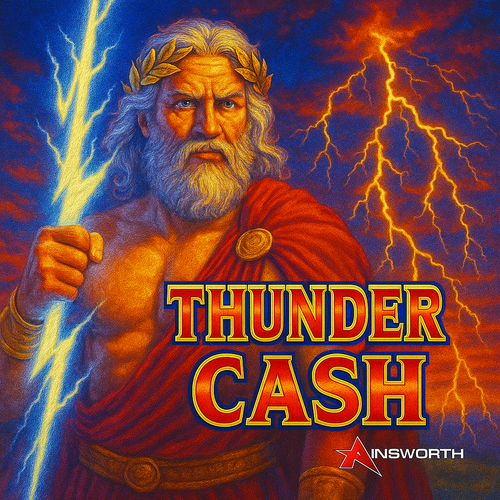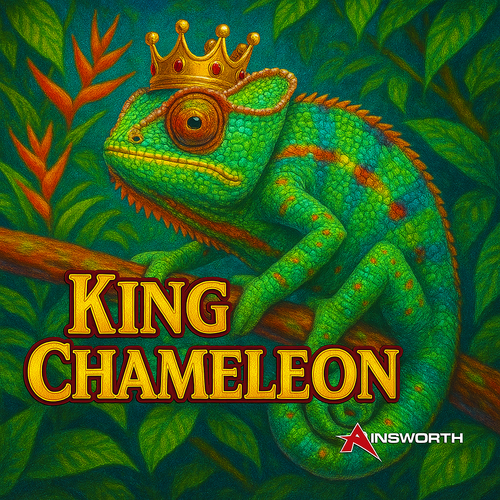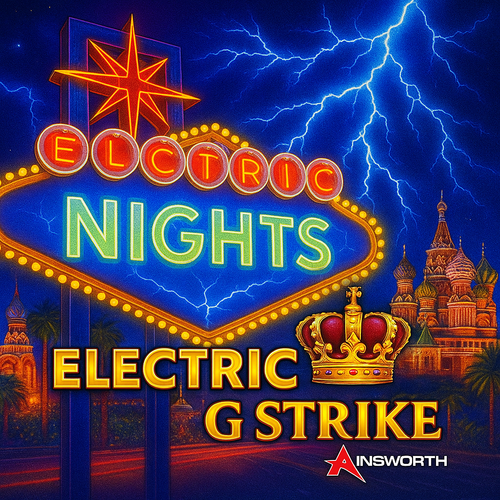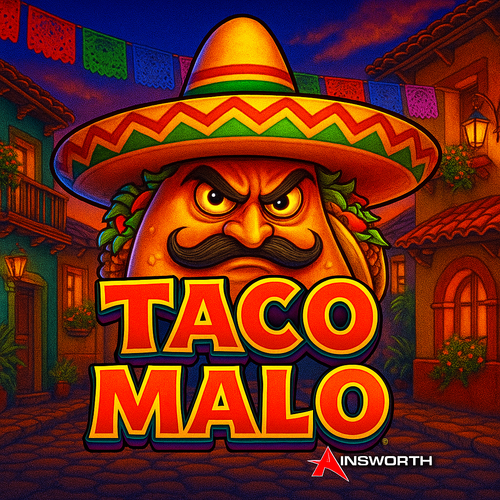What are licensed slots and why certification is needed
Introduction
Licensed slots - machines officially approved and verified by authorized regulators. Certification ensures that the random number generator (RNG) works correctly, RTP corresponds to the declared, and the game mechanics do not contain hidden "chips." This is the basis of trust between the player and the operator.
1. Concept of License Slot
1. Casino Provider and Operator License
The provider must have permission from MGA, UKGC, Curacao or other reliable regulator.
The operator of the casino where the slot is located is also licensed - this confirms the legality of its activities.
2. Certification of algorithms
Independent laboratories (eCOGRA, iTech Labs, GLI) audit the RNG and the mathematical model of the slot.
The reported RTP and volatility are checked against the actual figures.
3. Marking and publication of reports
After checking, the slot description indicates "Certified RNG," RTP version and laboratory certificate.
Regulators publish lists of approved games and audit reports.
2. Why certification is needed
Honesty of payments
RNG has no built-in "traps": each combination is determined by a random number.
RTP corresponds to the official value, not artificially high or low.
Data and facility security
Licensed providers use secure channels (SSL), do not transfer your data to third parties.
Regulators monitor financial statements and hold reserves for payouts.
Player Legal Defense
In case of disputes, you can contact the regulator or the Ombudsman.
Your rights are protected by licensing jurisdiction rules.
3. Certification milestones
1. Preaudit
The developer submits a slot for testing, provides the source code of the RNG and a description of mathematics.
2. Testing in the laboratory
Check the uniformity of the distribution of random numbers, compliance with RTP, the absence of software vulnerabilities.
3. Certificate issue
After a successful check, the laboratory issues an official conclusion, the slot is entered into the register.
4. Regular recertification audit
Repeated tests are carried out annually or when the algorithm changes.
4. How to distinguish a license slot
1. Icons and links to regulators
On the casino site next to the game or in the footer should be the logos of MGA, UKGC, Curacao, etc.
2. Certificate Information
The description of the slot indicates the laboratory (eCOGRA, GLI), the date and version of the audit.
3. Check of registers
Open the regulator's website and make sure that the provider and the game are on the list of approved ones.
5. Unlicensed Slot Risks
RTP Manipulation
Underestimation of the actual return, hidden algorithms for uneven distribution of payments.
Security vulnerabilities
Lack of data protection, the possibility of theft of personal or financial information.
Legal defenselessness
No guarantees of refunds in case of failures or fraud - nowhere to complain.
Conclusion
Licensing and certification are the foundation for fair and secure online slot play. Trusted providers and independent laboratories guarantee the compliance of the declared parameters with real ones, protect your data and funds, and government regulators provide legal protection. Play only in licensed machines to minimize risk and maximize gameplay.








